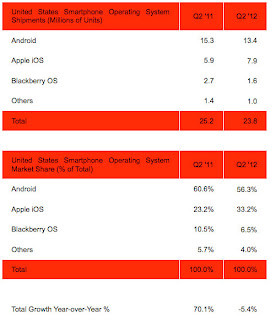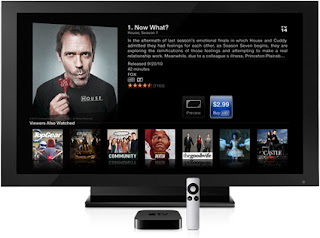Having Apple stores built into prominent historic buildings with classical architecture gives the impression of permanence, stability, safety, taste and importance.
Banks, libraries, museums and government offices were originally in buildings like these in the 19th and first half of the twentieth century conveying the same messages.
The juxtaposition of Apple's signature minimalist decor and furnishings give them new life and add a sense of timelessness.
These are Apple's cathedrals.
First Photos of the inside of the new Barcelona Apple Store
Pictures from Spain
Newest Spain Store Draws From Several Styles
WinTel = SamGoo
Apple is gaining power because of profits
Apple's invincibility fades on iPhone miss, global woes
Google 3D Cities on the left, Apple iOS 6 Maps on the right
New Google Earth 3D cities not as detailed as Apple iOS 6 Maps
I think Apple has some patents for this that date back to early 2000s
Apple's continued interest in heads-up displays may hint at showdown
Apple: Don't use "App" in any combination, especially this one!
Apple stepping up trademark fight against Amazon Appstore
Watch what Apple's OS update did to one network's traffic
The Google and Samsung vultures will be all over these
Apple loses bid to transfer Kodak suit out of bankruptcy court, patent sell-off to proceed
Apple to acquire fingerprint sensor maker AuthenTec for $356M
Why Samsung beating Apple could be good news for iPhone 5
Amazon Q3 Results
Tim Carmody, The Verge:
On Thursday, Amazon reported an operating profit of $107 million on $12.83 billion in net sales. Last quarter, the company bagged $192 million on sales of $13.18 billion; a year ago (also a useful comparison, since retail sales are seasonal), it earned $201 million on sales of $9.91 billion. So even though it sold slightly less in the quarter, year-over-year, Amazon continues to grow like gangbusters: 29%, according to the official release.
$107 million in profit for the quarter. That compares well to Apple's $97 million in profit (per day) for the same quarter.
Full article is online now
Vanity Fair: Microsoft's Lost Decade




















































